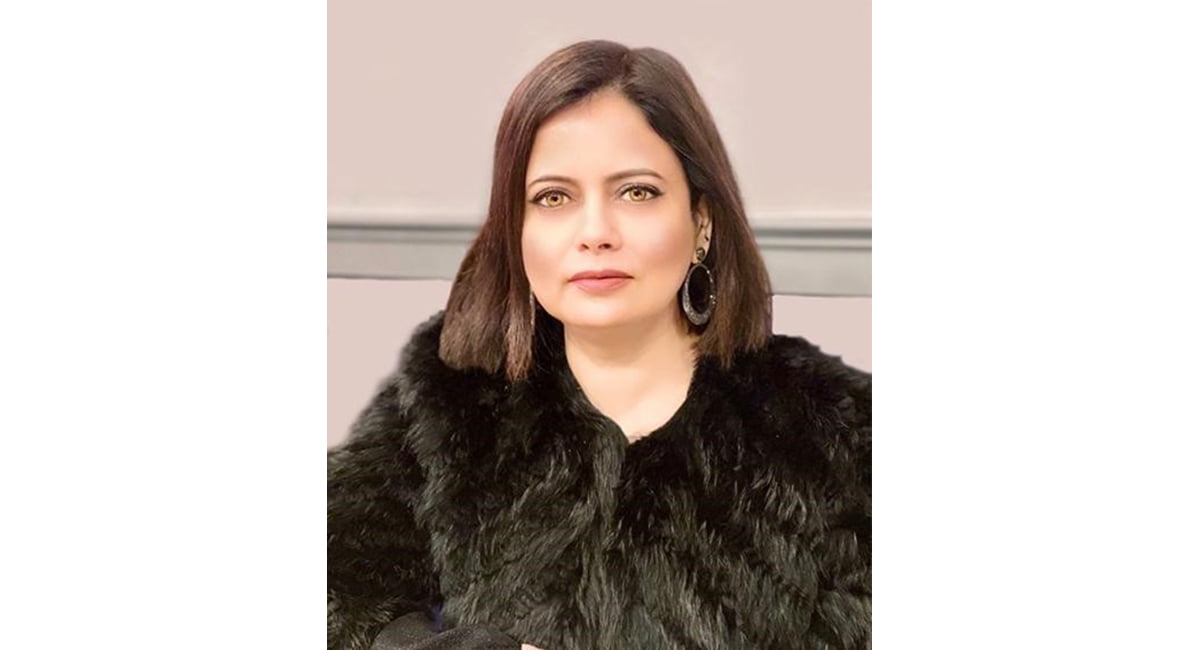The sustainable and ethical fashion market is growing at a rapid clip despite the pandemic as shoppers turn to online channels to find clothing, they wouldn’t be able to find in a brick-and-mortar store. The growth is expected to continue despite the high costs associated with ethical fashion.
Q1 2021 hedge fund letters, conferences and more
The ethical clothing market is growing
Data from ResearchAndMarkets tracks the growth rate between 2019 and 2021 and expected growth rates through 2030. The global ethical fashion market was worth almost $6.3 billion in 2019 after a compound annual growth rate of 8.7% since 2015.
The firm expects the market to grow from $6.3 billion in 2019 to $8.2 billion in 2023, marking a compound annual growth rate of 6.8%. Then between 2023 and 2035, ResearchAndMarkets expects a compound annual growth rate of 9.1%, bringing the market up to $9.8 billion. Between 2025 and 2030, the firm predicts a growth rate of 9.1% again, reaching a total of $15.2 billion.
Experts say the growth is primarily due to growing awareness about sustainable and ethical clothing. The ethical clothing market consists of sales of clothing by entities primarily engaged in designing, producing, selling, and purchasing ethical apparel.
Ethical fashion includes designing and manufacturing clothing while caring for the people and communities involved in the process. It is also sustainable, which means it looks to improve the social and environmental impacts of fashion by working to improve laborers' working conditions and reduce the impact on the environment.
What's driving the growth?
According to ResearchAndMarkets, growth in emerging markets and rising foreign direct investments have been driving the growth in the ethical clothing market. However, it didn't grow as much as possible due to the high costs associated with ethical fashion.
Looking into the future, growing awareness, social media, e-commerce growth and government initiatives are likely to drive the market. However, a reduction in free trade, impacts from COVID-19 and lack of standardization could restrain the ethical clothing market.
The creative director Farah Naz from FARAH NAZ New York, an ethical fashion brand, cited online shopping as the one main contributor to growth in their business over the last year or so. The pandemic has accelerated online shopping, driving more consumers to ethical clothing choices not available in brick-and-mortar stores.
"Online shopping is increasing, and consumers are more interested in online shopping rather than going back to traditional brick-and-mortar stores after the pandemic," they said.
They added that the pandemic offered an excellent opportunity for online fashion brands and retailers to flourish.
More details on the ethical fashion market
The market is segmented according to product into organic, man-made, recycled, and natural. The man-made segment was the largest part of the ethical fashion market, accounting for more than half of the total market in 2019. ResearchAndMarkets expects the organic segment to become the fastest-growing segment of the market going forward with a compound annual growth rate of 16.2%.
Experts also divide the ethical fashion market into type based on fair trade, animal cruelty-free, eco-friendly, and charitable brands. The animal cruelty-free segment was the largest division with more than 40% of the market in 2019. Looking ahead, eco-friendly products are expected to grow the fastest, with a compound annual growth rate of 11.6%.
There is also a third way the ethical fashion market can be divided, which is by end-user based on women, men, and children. The women's segment was the largest division, with more than half of the total market in 2019. However, looking ahead, the men's segment is expected to be the fastest growing with a compound annual growth rate of 10.2%.
The ethical fashion market is extremely fragmented, with a large number of small players in the market. Some major players include Reformation, Tentree, Everlane, Alternative Apparel, which includes Hanes Brands, Eileen Fisher, and H&M Conscious; All of the above points to room for ambitious new competitors looking to enter the space.






